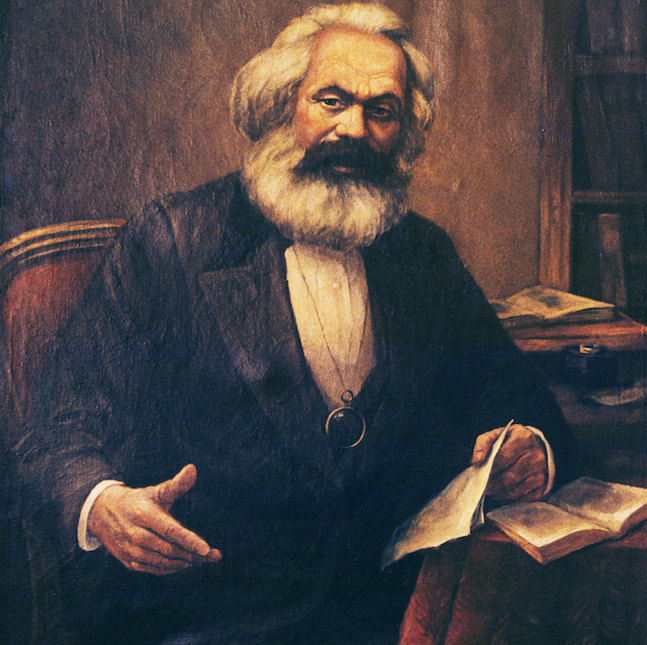

Although France's experiment with democracy had failed, the Revolution's call for liberté, egalité, fraternité ("freedom, equality, brotherhood") continued to haunt the next several generations. One way to look at the Revolution's aftermath is to see how these rallying cries was taken to an extreme, becoming the focal point of the major political ideologies that would shape the 19th and 20th centuries, even continuing to impact the world down to today.
The call for brotherhood was answered with a storm of nationalism throughout Europe. Composers became very interested in celebrating their countries' unique heritage through national anthems, patriotic songs, and bold arrangements of traditional melodies. In particular, much music of the time incorporates themes and styles derived from the musical traditions of ethnic minorities with no country of their own, like Czechs, Poles, Hungarians, Jews, and Gypsies. In its darker forms, however, nationalism becomes very exclusive, valuing its own people while dehumanizing all others.
The call for equality manifested in many forms of socialism, which seek to narrow or eliminate economic inequality, sometimes peacefully, sometimes violently. In its most extreme form, this produced the communism of Karl Marx and Friederich Engels. Marx's work Das Kapital attempted to explain all of history by reducing it to differnt systems of economic oppression and exploitation. Based on this theory, the Communist Manifesto called for worldwide revolution to overthrow the "bourgeois" capitalist system and replace it with one in which all property (including women) were shared.
The call for freedom resulted in the ideology of liberalism. In general, liberalism is based on the idea that the government should leave people free to, as the Declaration of the Rights of Man says, "do anything which does not harm another." Inevitably, of course, conflicts arise when what one person or group wants to do interferes with what some other person or group wants to do.
These three ideologies would become the driving forces behind much of the conflict of the next two centuries.